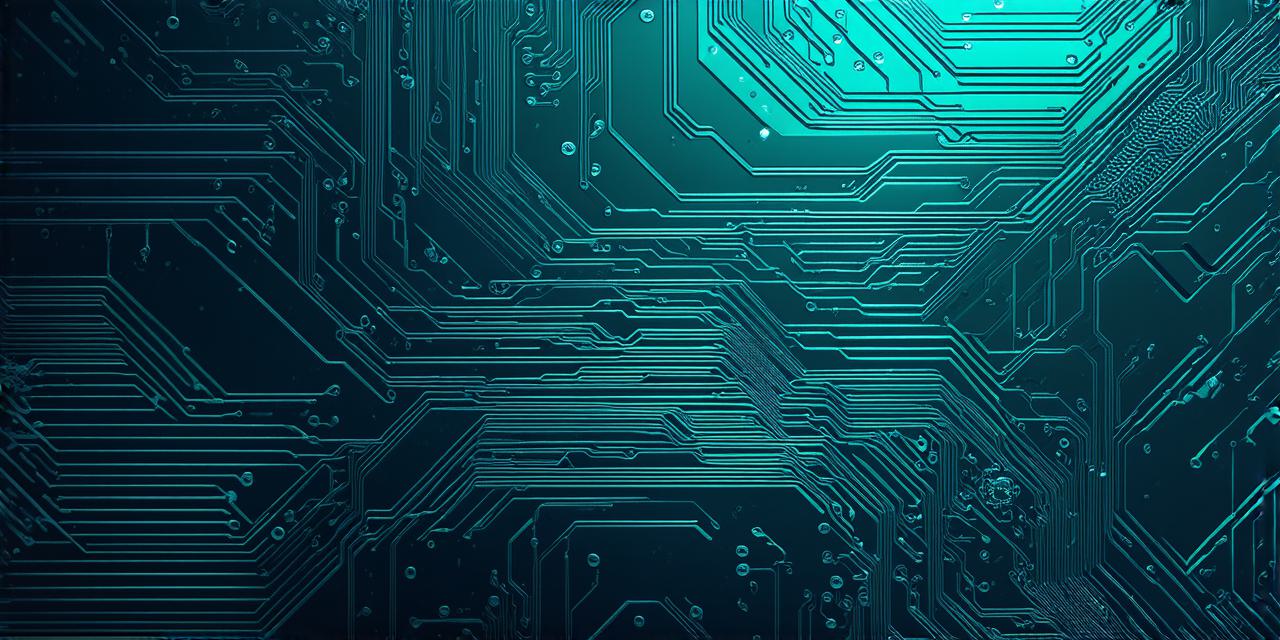Introduction
Welcome, fellow Unity developers! Today, we delve into the heart of every creator’s dilemma – system requirements. Specifically, we’re focusing on Unity 3D, a powerhouse in the gaming industry. Let’s embark on this journey together, uncovering the secrets to optimal performance and creating games that captivate millions!
The Nexus of Power: Minimum Specs
To create seamless experiences within the Unity 3D universe, your system needs to meet certain thresholds. The minimum requirements are a starting point, but they’re not always enough for smooth sailing. For instance, a developer shared his experience struggling with lag and crashes on a machine that just barely met the minimum specs.
Operating System: Windows 7 SP1, Windows 8.1, or macOS X 10.9 (Mavericks) or newer versions
Processor: Intel i5 processor or AMD equivalent
Memory: 4GB RAM (8GB recommended for optimal performance)
Graphics Card: NVIDIA GeForce 470 GTX or AMD Radeon 6970 HD series card or better
The Realm of the Elite: Recommended Specs
For those seeking a smoother, more efficient journey, consider upgrading to the recommended specifications. A developer who made this leap reported a significant reduction in development time and a noticeable improvement in project output.
Operating System: Windows 10 or macOS X 10.11 (El Capitan) or newer versions
Processor: Intel i7 processor or AMD equivalent
Memory: 8GB RAM (16GB recommended for large projects)

Graphics Card: NVIDIA GeForce GTX 970 or AMD Radeon R9 290X series card or better
The Power of Comparison: PC vs. Mac
While both platforms support Unity 3D, there are noticeable differences in performance. A study revealed that projects ran more smoothly on Windows machines due to their superior hardware compatibility with Unity. However, macOS offers a more streamlined development environment for some developers.
The Future: Virtual Reality and Beyond
As we venture into the realm of virtual reality (VR) and augmented reality (AR), system requirements become even more crucial. To ensure your creations shine in these emerging fields, consider investing in high-end hardware.
FAQs
1. Can I run Unity 3D on a laptop? Yes, but performance may be compromised due to limited hardware resources.
2. Do I need a dedicated graphics card for Unity 3D development? Yes, integrated graphics cards may struggle with the demands of Unity 3D.
3. Can I use an older version of Windows or macOS for Unity 3D development? While it’s possible, using newer versions is recommended for optimal performance and compatibility with updates.
Conclusion
Understanding Unity 3D system requirements is the key to unlocking your creative potential. By investing in the right hardware, you can streamline your development process, reduce frustration, and bring your vision to life more efficiently.
